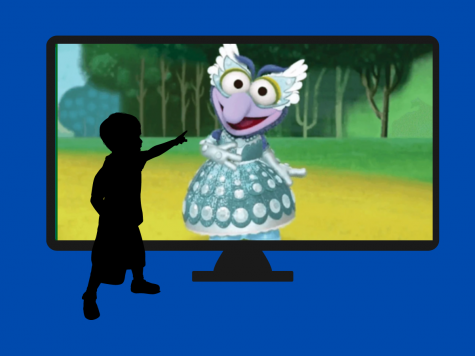Immigrant identity requires balance between origin and assimilation
Immigrants: a topic that has resurfaced in the media with a plethora of negative attention. While the argument is mainly focused on whether to let them into the country or not, it’s important to understand fully the immigrants who have already entered. To understand the cultural and linguistic aspects of immigrants is just as important as understanding the political aspects.
“People who immigrate struggle to balance the parts of themselves like culture and family to meet the expectations of the new society and not lose their true selves in the process,” English teacher Joanna Augsburger said.
It’s important to understand that immigrants come from a different society that perceived them in a way ours might not. Language and culture play a large role in determining that perception and whether or not it’s perceived as positive. One part to that would be how people who struggle with English are thought of.
The phrase “This is America, speak English” has become increasingly popular in the media. From a cultural point of view, this phrase is poisonous, language is one of the most important factors to keeping and sharing your personal culture with others.
“I grew up in a culture where we spoke our own language and it’s not right to forget that or for others to want you to,” instructional assistant Milan Vuckovich said. “But you need to learn that country’s language to survive and provide for your family.”
Learning your host country’s language is essential to surviving in that country and making a living, but this is no reason to forget your own. A person’s culture and language is what makes them special and to forget that just to fit in would be like leaving a piece of yourself behind. Even if it makes you fit in better, it is essential to keep that aspect of your life to respect your origins and heritage.
“I was looked down upon for not knowing my own language,” Vuckovich said, “You shouldn’t have to lose it by moving and learning English.
That being said, it’s important to find a balance between speaking English and speaking your native tongue. In order to sustain your identity, it’s necessary to be able to know when to speak one tongue and when to speak another.
“When I finally came to school, people told me my English wasn’t bad and I felt better and more like a part of the school,” sophomore Alex Dedkov said. “For example, I’m mixing two cultures. I speak Russian with my friends and family, but at school I speak English.”
English doesn’t define an immigrant’s intelligence either. A common trait we see with native born Americans is that they often times judge an immigrant for his/her struggles in learning English. This usually means that immigrants will get judged on their intelligence based on their ability to communicate in a language foreign to them. For example, when looking at a fast food worker who struggles with English, we often believe they are in that position because they aren’t intelligent. However, that may not be the case as they might have other issues such as documents that need to be resolved or family problems hindering their ability to get a better job.
“English doesn’t show who they are and that they’re incapable,” Augsburger said. “Take pride in who you are and in your culture. We need to stop thinking about them as immigrants and as individuals who have skills, who work, and have a family.



